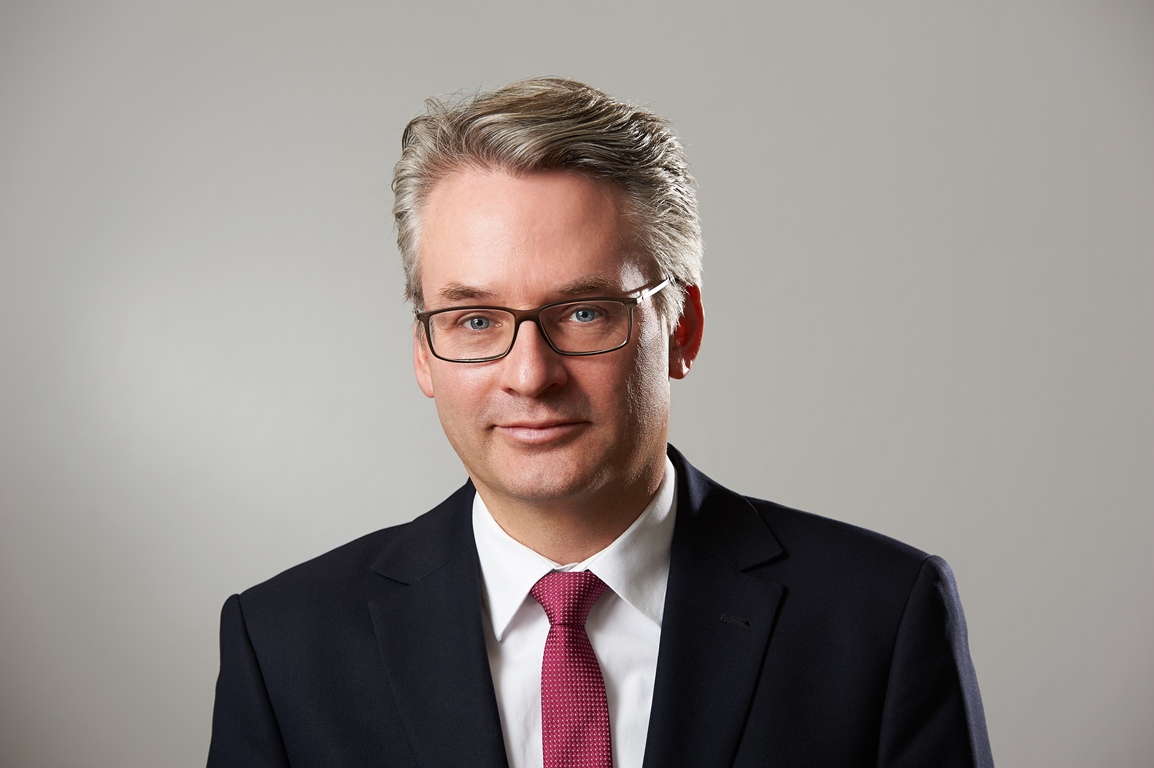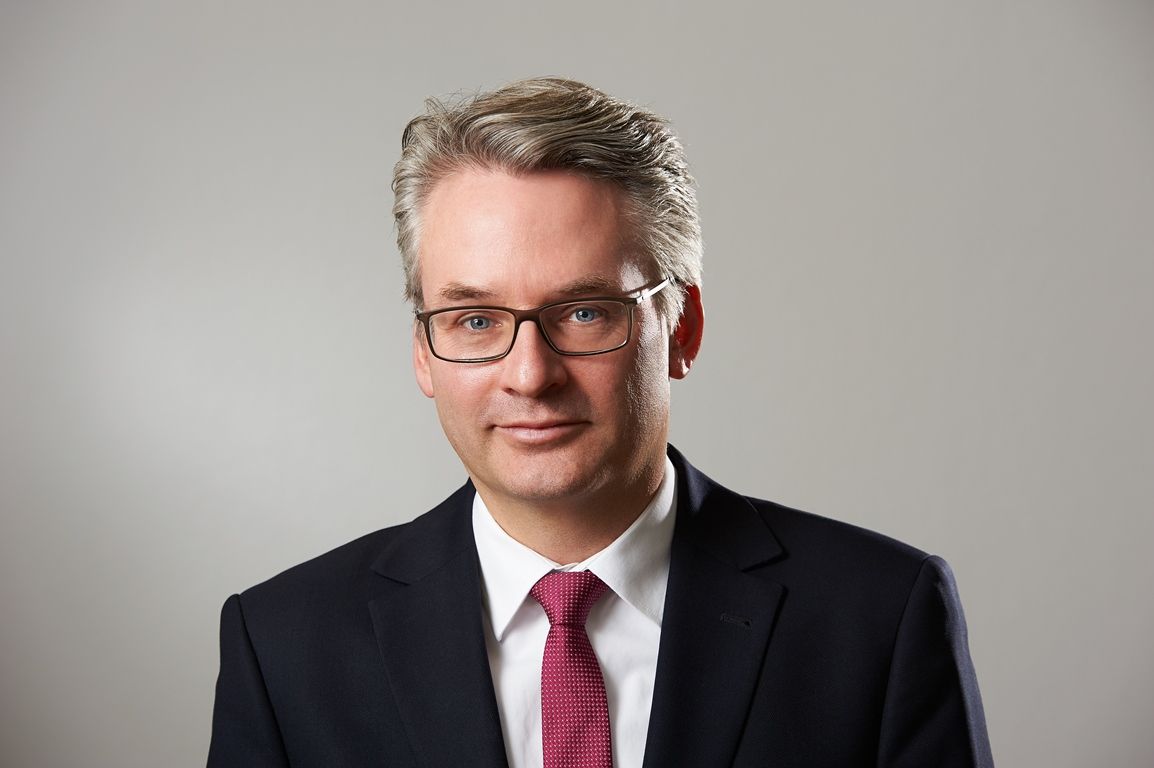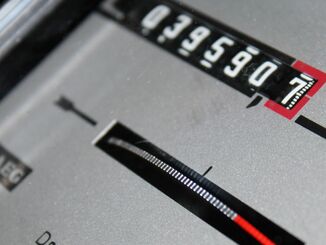
The industrial sky is gray: orders and production are down in the first quarter of 2023, and the year-on-year comparison is negative. In the industries of the Steel and Metal Processing Trade Association (WSM), orders fell by 16 percent compared with the first quarter of 2022. The discussed industrial electricity price of six cents for energy-intensive companies does not bring any area-wide relief, because too many companies are left behind.

© Mourad ben Rhouma; WSM
The WSM is the umbrella organization for 14 professional associations, including the IBU. The WSM can therefore claim to speak for a large part of the approximately 5,000 predominantly family-run companies in the metalworking industry, which generate more than 80 billion euros in sales per year with around 500,000 employees.
“The bridge electricity price must not exceed four cents, must not have any conditions or hurdles, and must take all industrial companies with it,” demands WSM CEO Christian Vietmeyer. “Only with affordable energy and massive cuts in bureaucracy can industrial companies get back on the growth path,” adds Holger Ade, head of economic and energy policy at WSM.
Everyone needs affordable electricity – not just the “chosen few
According to the Federal Statistical Office, the current drop in orders is the largest since the Corona outbreak. Nonetheless, non-energy-intensive manufacturing companies – thanks to a narrow definition, many of them – will continue to face crushing electricity prices. And thus continue to lose international competitiveness. “Many businesses in WSM industries are not part of the ‘chosen few,’ but they need affordable electricity. They, too, need to replace fossil fuels, switch to renewables, reduce their environmental footprint,” Ade emphasizes.
Politics must switch: from crisis-fighting mode to shaping the future
The WSM calls on policymakers to shift gears: from crisis-fighting mode to future-shaping mode. “For most companies, electrification is the only way to defossilize. Germany can only achieve its climate targets if companies are given reliable framework conditions that also make them competitive,” emphasizes Christian Vietmeyer. Hoger Ade adds: “They need long-term planning security. That’s the only way to stop the exodus, the only way to make it possible to invest in Germany as a business location again.”
Web:
www.wsm-net.de




